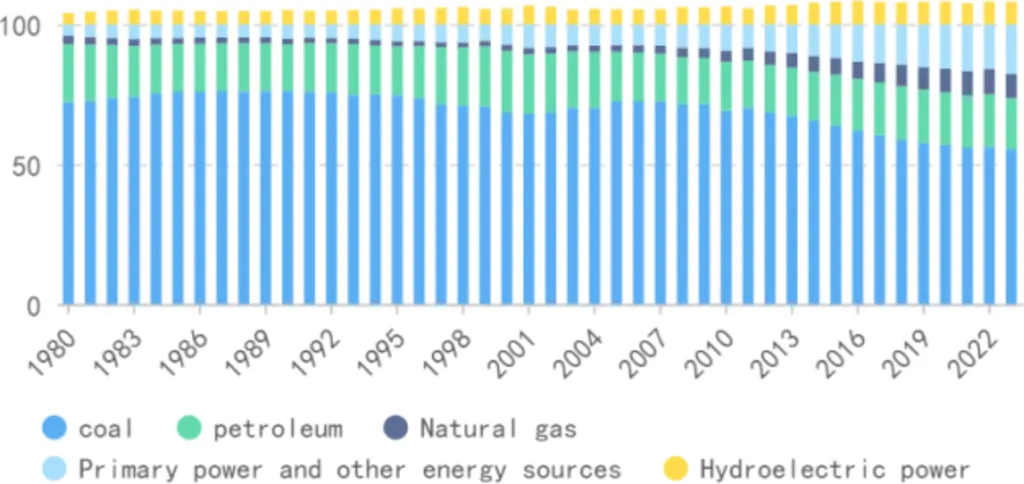In the face of escalating global energy challenges and the urgent push towards Sustainable Development Goals (SDGs), the agricultural sector is under increasing pressure to enhance energy efficiency. A recent study published in *IEEE Access* offers a roadmap for mitigating risks in Energy Performance Contracting (EPC) projects, a critical tool for achieving energy conservation and emission reduction in agriculture. Led by Qingxiao Du of Wuhan University of Technology, the research provides actionable strategies that could reshape how the agricultural industry approaches energy efficiency and sustainability.
Energy Performance Contracting (EPC) is a powerful mechanism for improving energy efficiency, but its complexity often leads to significant risks. To address this, Du and his team applied life cycle theory and stakeholder theory to break down the EPC process into three key stages: investment decision, renovation implementation, and benefit sharing. By conducting questionnaire surveys and employing structural equation modeling (SEM), the researchers identified critical risk factors that influence project success. Their findings underscore the importance of effective risk management in achieving positive outcomes for EPC projects.
“The agricultural sector stands to gain immensely from optimized energy efficiency,” said Du. “By mitigating risks in EPC projects, we can ensure that these initiatives not only succeed but also contribute to long-term sustainability and economic viability.”
The study’s quantitative framework for risk assessment provides a clear path for government agencies, industry players, and Energy Service Companies (ESCOs) to navigate the complexities of EPC projects. The proposed risk mitigation strategies are designed to be practical and targeted, offering guidance that can be immediately applied to enhance project success rates.
For the agricultural sector, the implications are substantial. Improved energy efficiency translates to reduced operational costs, lower carbon footprints, and increased competitiveness in a market increasingly driven by sustainability goals. As the industry grapples with rising energy prices and regulatory pressures, the insights from this research could be a game-changer.
“Our research provides a comprehensive toolkit for stakeholders to manage risks effectively,” Du explained. “This is not just about reducing energy consumption; it’s about creating a sustainable future for agriculture.”
The study’s findings are particularly relevant as the agricultural sector continues to seek innovative solutions to balance productivity with environmental stewardship. By adopting the risk mitigation strategies outlined in the research, stakeholders can ensure that EPC projects deliver on their promise of energy conservation and emission reduction.
As the world moves towards greener development goals, the agricultural sector’s ability to optimize energy efficiency will be crucial. The research led by Qingxiao Du, published in *IEEE Access*, offers a timely and valuable contribution to this effort, providing a framework that could shape the future of sustainable agriculture.

